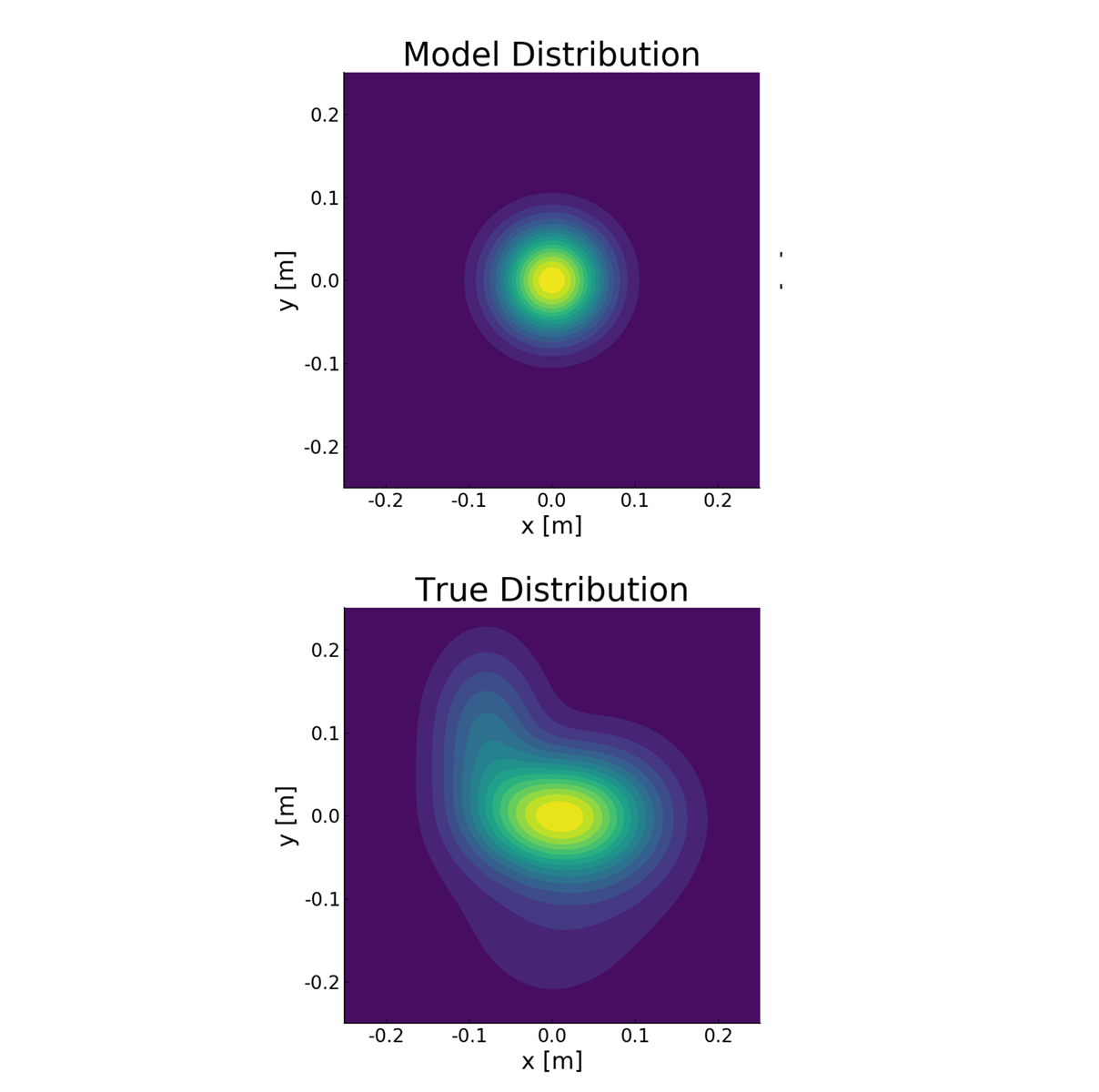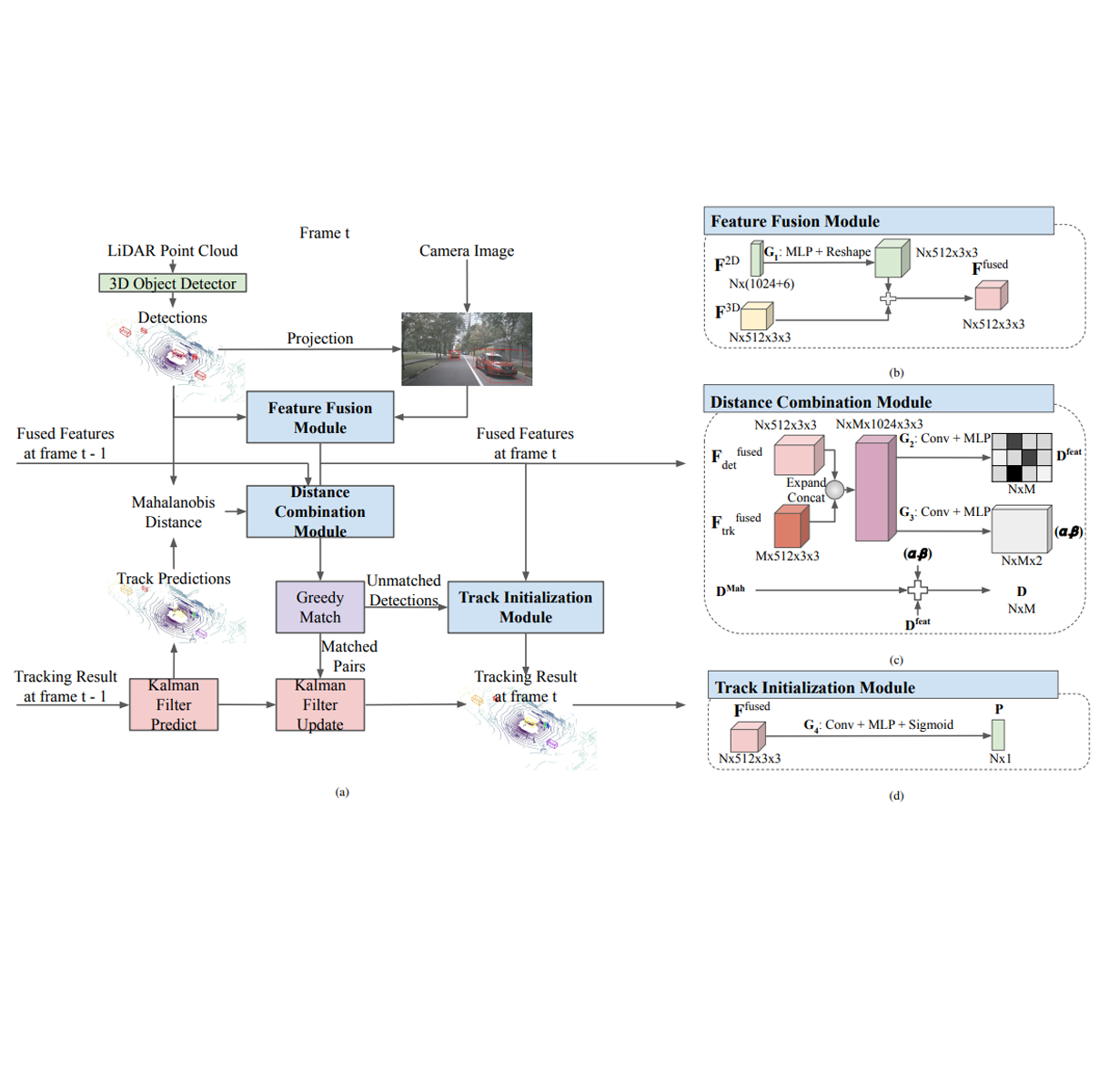
TRI Author: Nikos Arechiga
All Authors: Karen Leung, Nikos Arechiga, Marco Pavone
This paper proposes a method to evaluate Signal Temporal Logic (STL) robustness formulas using computation graphs. This method results in efficient computations and enables the use of backpropagation for optimizing over STL parameters. Inferring STL formulas from behavior traces can provide powerful insights into complex systems, such as longterm behaviors in time-series data. It can also be used to augment existing prediction and planning architectures by ensuring specifications are met. However, learning STL formulas from data is challenging from a theoretical and numerical standpoint. By evaluating and learning STL formulas using computation graphs, we can leverage the computational efficiency and utility of modern machine learning libraries. The proposed approach is particularly effective for solving parameteric STL (pSTL) problems, the problem of parameter fitting for a given signal. We provide a relaxation technique that makes this method tractable when solving general pSTL formulas. Through a traffic-weaving case-study, we show how the proposed approach is effective in learning pSTL parameters, and how it can be applied for scenario-based testing for autonomous driving and other complex robotic systems. Read More
Citation: Leung, Karen, Nikos Aréchiga, and Marco Pavone. "Backpropagation for Parametric STL." In 2019 IEEE Intelligent Vehicles Symposium (IV), pp. 185-192. IEEE, 2019.


